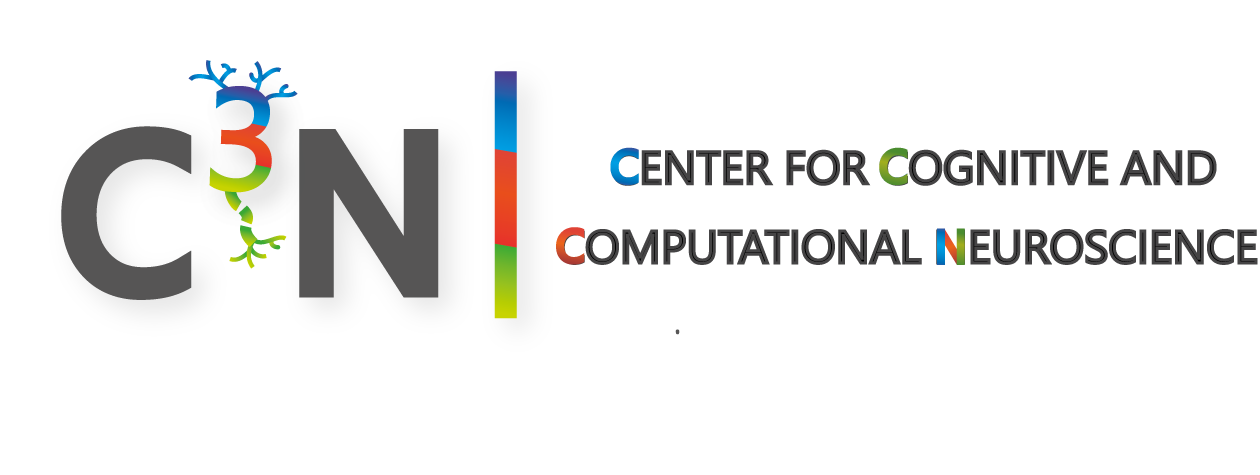Research team
Neuropsychology and brain plasticity
This laboratory is focused on 4 lines of research: (1) design and development of paradigms and procedures for neuropsychological exploration, (2) AI approach to neuropsychological assessment and intervention, (3) design of computational models of cognitive recovery, (4) study of neuropsychological recovery mechanisms and neuroplasticity phenomena in neurological diseases and mental illnesses
More specific lines of research:
- Design and development of neuropsychological assessment paradigms, procedures and tasks that: (1) respond to cognitive integration idea, (2) increase the sensitivity of classical tests in detecting cognitive deficits and impairments, (3) systematize functional and contextual assessment.
- AI approach to neuropsychological assessment (for neuropsychological diagnosis and functional assessment in everyday activities) and to cognitive and neuropsychological intervention (for development therapeutic digital platforms such as functional neurorehabilitation).
- Design of computational models for cognitive recovery and prediction of recovery trajectories in patients with acquired brain injury and other acquired diseases.
- Study of recovery mechanisms and the phenomena of neuroplasticity and reorganization of brain networks in order to understand the neurophysiological mechanisms underlying cognitive recovery processes.
- Design of neuropsychological intervention programs based on cognitive integration idea, for stimulating collaboration between cognitive systems and other systems such as empathy and emotional regulation.
- Cross-sectional collaborations with projects from other C3N laboratories, providing support for neuropsychological assessment tasks and protocols.
Selected publications
- Chino B, Torres L, Żelwetro A, Rodríguez-Rojo I, Carnes Vendrell A, Piñol G, Yubero R, Paúl N, Maestú F. Understanding Episodic Memory and Executive Functioning Axis Impairment in MCI Patients: A Multicenter Study in Comparison with CSF Biomarkers. Biomedicines 2023, 11: 3147, doi.org/10.3390/biomedicines11123147
- Pusil S, Torres-Simón L, Chino B, López ME, Canuet L, Bilbao A, Maestú F, Paúl N. Resting-State Beta-Band Recovery Network Related to Cognitive Improvement After Stroke. Frontiers in Neurology 2022, 13 (838177). DOI 10.3389/fneur.2022.838170
- Villalobos D, Torres-Simón L, Pacios J, Paúl N, Del Río D.A Systematic Review of Normative Data for Verbal Fluency Test in Different Languages. Neuropsychology Review 2022 (septiembre), 33 (733-764), DOI 10.1007/s11065-022-09549-0
- Faraz Z, Krempl G, Spiliopoulou M, Peña JM, Paúl N, Maestú F. Predicting the Post-treatment Recovery of Patients Suffering from Traumatic Brain Injury. Brain Informatics 2015; 2 (1): 33-44
- Castellanos N, Paúl N, Ordóñez V, Demuynck O, Bajo R, Campo P, Bilbao A, Ortiz T, del Pozo F, Maestú F. Reorganization of functional connectivity as a correlate of cognitive recovery in acquired brain injury. Brain 2010; 133: 2365-2381.


